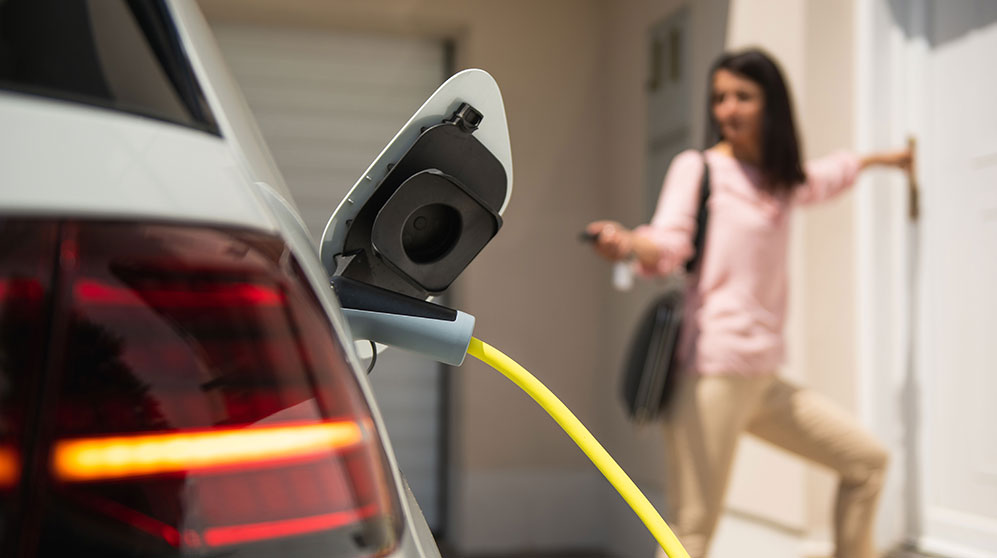Wealthy Homeowners Can Cash In on Going Green
• 2 min read
- Brief: Taxes, Wealth Management

Get the latest in Research & Insights
Sign up to receive a weekly email summary of new articles posted to AMG Research & Insights.

These days it seems everyone is pushing homeowners to go green. Think electric cars, solar panels, heat pumps and triple-paned windows. It’s a costly undertaking, considering fully electrifying a house in Colorado costs $42,000 on average, according to Common Sense Institute, a Denver-area think tank.
But now the federal government will help everyone across the country, regardless of wealth, retrofit their homes with energy-efficient technology aimed at cutting carbon emissions linked to climate change. Starting next year, the Inflation Reduction Act of 2022 provides a multitude of tax credits and energy rebates for eco-friendly projects.
The act’s key provision subsidizes homeowners up to $1,200 annually for qualified home-improvement projects without a lifetime limit. This allows consumers to spread out projects and receive the maximum rebate each year.
Under the new program, homeowners can get a 30% tax credit for:
- Building a home charging station for electric vehicles.
- Installing electricity-generating systems like solar panels.
- Retrofitting with high-insulation doors and windows.
A few exceptions exist to the 30% rule. The new law allows for a 100% credit for installing qualified water heaters, furnaces, heat pumps, boilers and related systems, up to the annual limit. In some cases, systems may qualify for a $2,000 credit, the only deviation from the original limit.
Small-business owners are also eligible to receive subsidies, including a tax credit up to $5 per square foot for improvements that deliver lower utility bills, and a 30% tax credit for switching to low-cost solar power or purchasing electric vehicles.
AMG Has Your Taxes Covered
This information is for general information use only. It is not tailored to any specific situation, is not intended to be investment, tax, financial, legal, or other advice and should not be relied on as such. AMG’s opinions are subject to change without notice, and this report may not be updated to reflect changes in opinion. Forecasts, estimates, and certain other information contained herein are based on proprietary research and should not be considered investment advice or a recommendation to buy, sell or hold any particular security, strategy, or investment product.
Get the latest in Research & Insights
Sign up to receive a weekly email summary of new articles posted to AMG Research & Insights.


